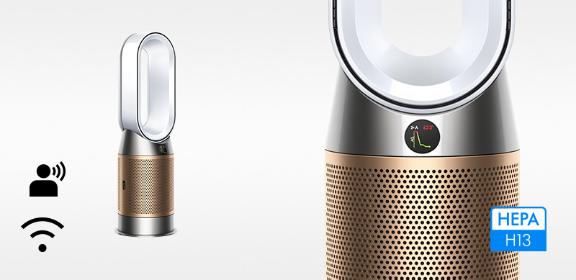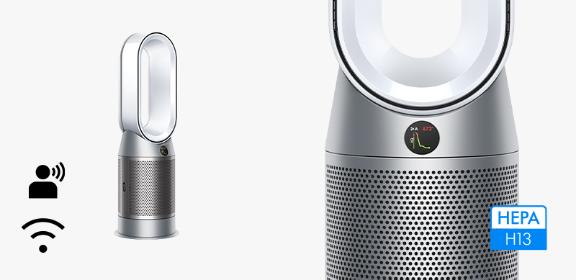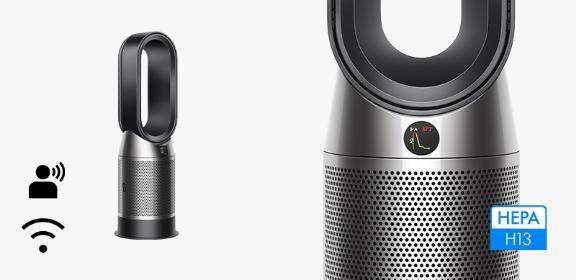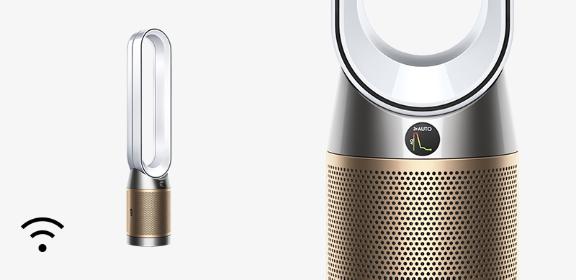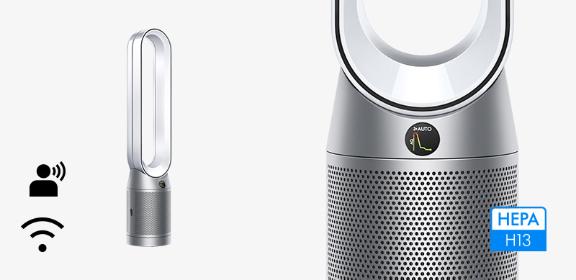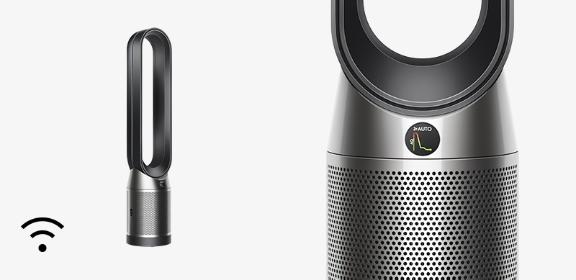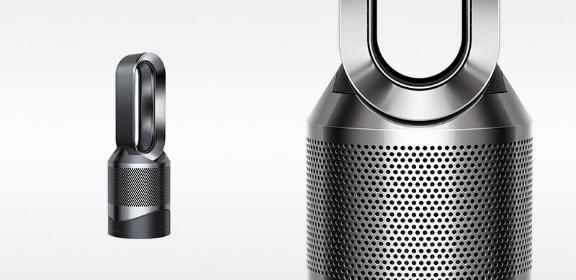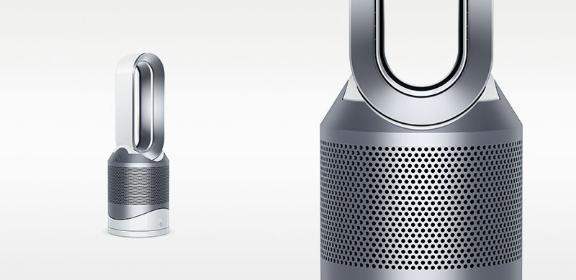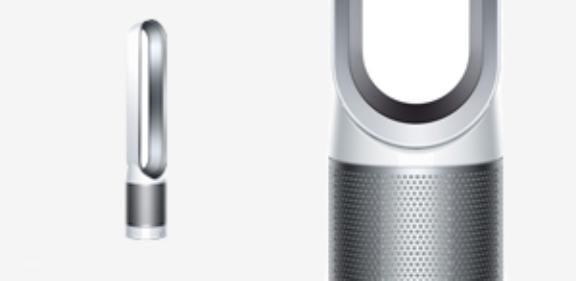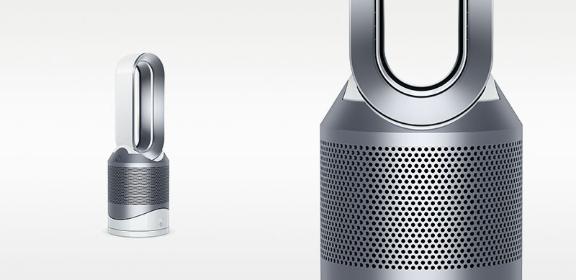What is a HEPA filter?
While awareness of HEPA filtration continues to rise in a post-pandemic world, what it is and how it functions still causes confusion for many. HEPA filters for the home benefit the health of inhabitants in a multitude of ways, ranging across different household types and needs.
Sotiris Vardoulakis – Professor of Global Environmental Health at The Australian National University (ANU) National Centre for Epidemiology and Population Health, and a leading expert in air quality and pollution, underpins how HEPA can support health during flu season. “It is important to breathe clean air this winter season. HEPA filters can capture 99.95% of particles including bacteria and potentially some viruses. Evidence shows that appropriately used HEPA filters can improve air quality within a building”.
Dyson’s HEPA H13 filter technology exists in both our vacuum cleaners and air purifiers. To understand how HEPA filter’s can improve the air quality of your home, it’s helpful to understand how it works and what it captures. Ahead, Lead Engineer Ben Lowson helps to break down how this high standard filtration works alongside how a HEPA filter benefits health.
25 March 2022
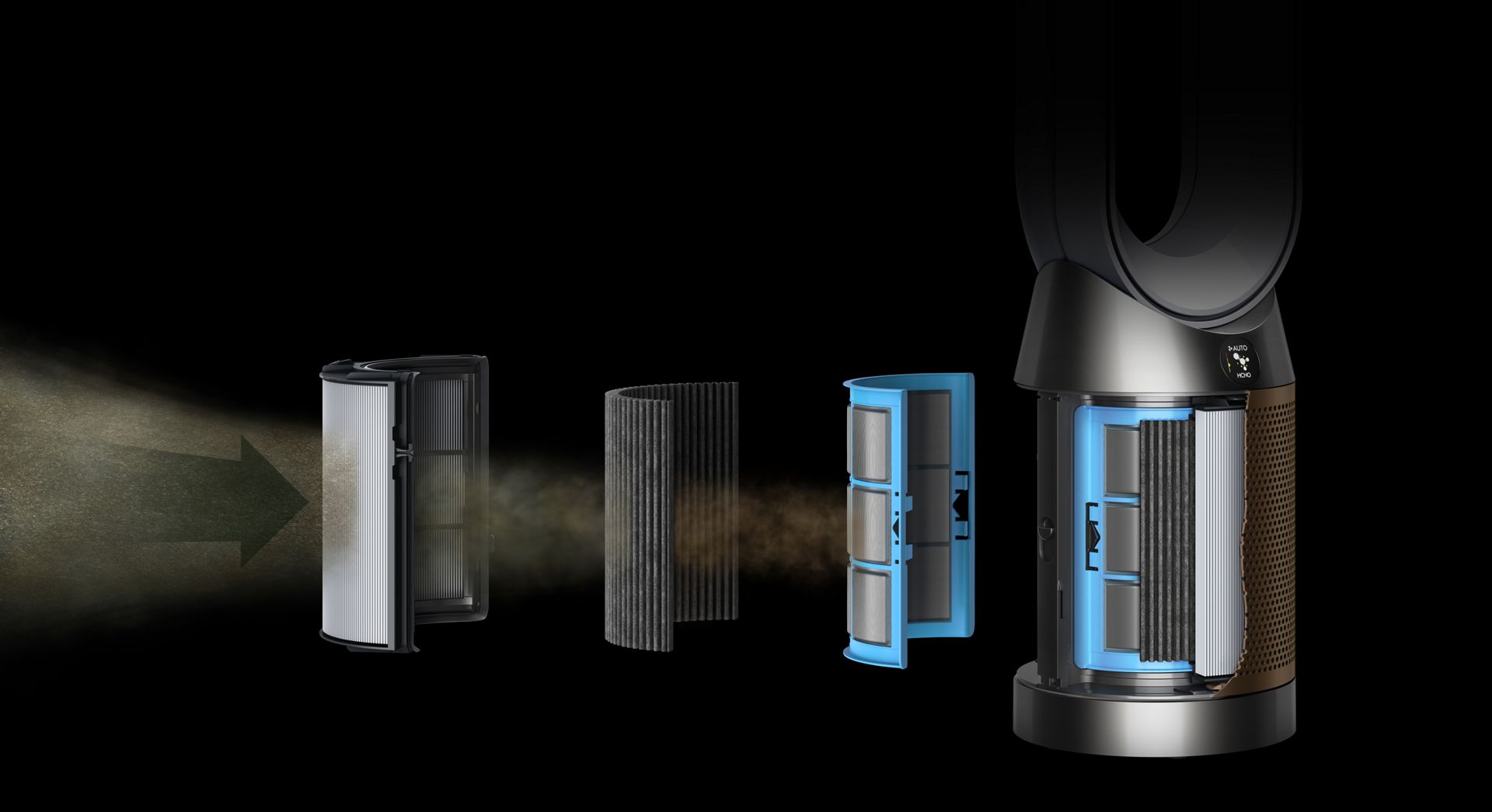
What does HEPA stand for?
Meaning ‘High Efficiency Particulate Air’, HEPA is a standard of filter efficiency. When a filter’s performance is defined as HEPA, it means that it can capture up to 99.97% of particles down to 0.3 microns (about one-millionth of a metre). There are some discrepancies in measurement – ISO, a separate organisation defines HEPA filtration as being able to remove 99.95% of MPPS particles (the most difficult to capture). Dyson’s HEPA H13 air purifiers1 and Dyson V15 Detect™ Absolute Extra2 vacuum passes both of these tests.
As Lead Engineer Ben Lowson explains, particle pollutants range from “dust mites and allergens to pollen and bacteria. Particulate matter is a term used for a mixture of solid particles and liquid droplets found in the air”. Whilst particulates like dust can be seen with the naked eye, many of the harmful pollutants are too tiny for detection, which makes removing them from the home particularly challenging. A HEPA filter air purifier is able to capture and destroy it.
-
How does a HEPA filter work?
Usually made from glass-fibre or PTFE materials, a HEPA air filter resembles randomly arranged strands. As particles range in size and texture, they require different trapping methods to be effectively removed. To answer the question ‘what does a HEPA filter do?’, see how it traps different types of particle pollutants:
- Larger particles: are trapped by and stick to the net-like structure of filter fibres.
- Smaller particles: follow airflow and are intercepted by the filter.
- Smooth particles: diffused air forces smooth particles to move erratically, causing them to collide with filter fibres and become stuck.
-
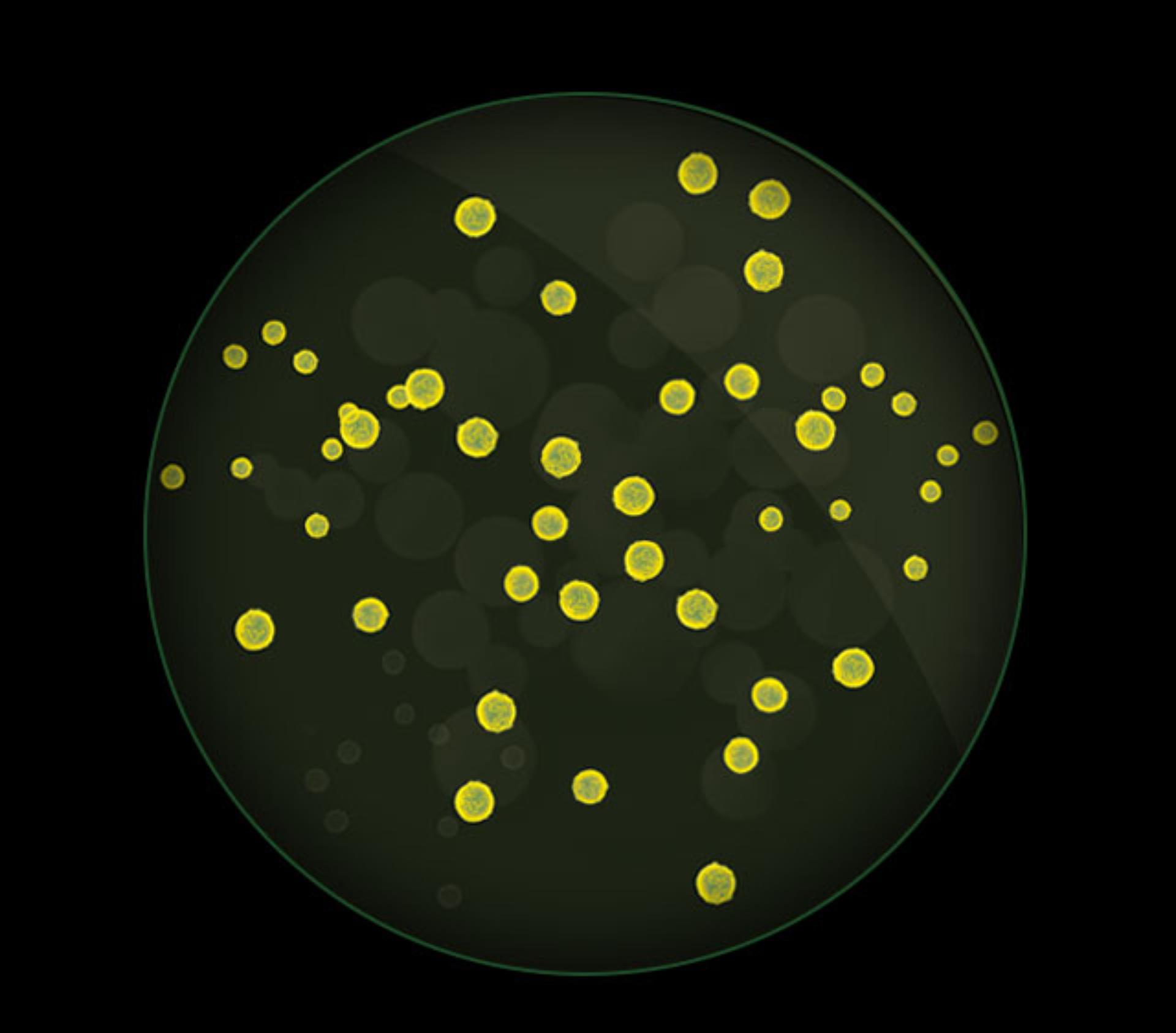
What are HEPA filter grades?
The best HEPA filter grades are awarded to filters that have a higher particle capture efficiency. To do the most in a home environment, a HEPA filter air purifier needs to balance how well it can filter particles with how quickly it works.
Filters with higher grades can impact the purifier’s ability to project airflow by increasing the resistance of air passing through the machine. To avoid this, Dyson’s air purifiers have achieved H13 grade according to the ISO standard – which provides an ideal balance between removing harmful particles whilst maintaining powerful air projection across the entire room3
Whole-machine filtration at Dyson
Unless engineered correctly, even HEPA standard filtration can fail to completely capture harmful pollutants. As Lowson shares, “while a filter might achieve HEPA certification in a filter-specific test, without being properly sealed into the machine, dirty air may bypass the filter and be expelled back into the room”. To solve this, the entire machine in Dyson’s range of air purifiers meets HEPA H13 standards1, whilst the design helps to block potential leaks. To do more than conventional purifiers can, other forms of filtration also employed in our technology are below.
Activated carbon filter
Particles aren’t the only pollutants that affect the air and health quality of the home. While viruses and bacteria are certainly some of the most concerning pollutants, gas pollutants can also pose risk to our health. VOCs (Volatile Organic Compounds) and N02 exist in cleaning products and occur when cooking. An activated carbon filter included in our air purifiers effectively absorbs gas pollutants from the air3.
Shop Dyson’s HEPA H13 air purifiers
Choose your model
-
Formaldehyde
A gas-phase substance, formaldehyde is an exceptionally small particle that can evade conventional air filter standards. Found throughout the home, including in paint materials, wood, furniture and carpets, it reduces air quality and can continuously reoccur. Alongside a HEPA H13 standard filter and carbon filter, Dyson Purifier Hot+Cool™ Formaldehyde contains an SCO (Selective Catalytic Oxidisation) filter, which destroys formaldehyde4 and converts it into water and Co2.
-
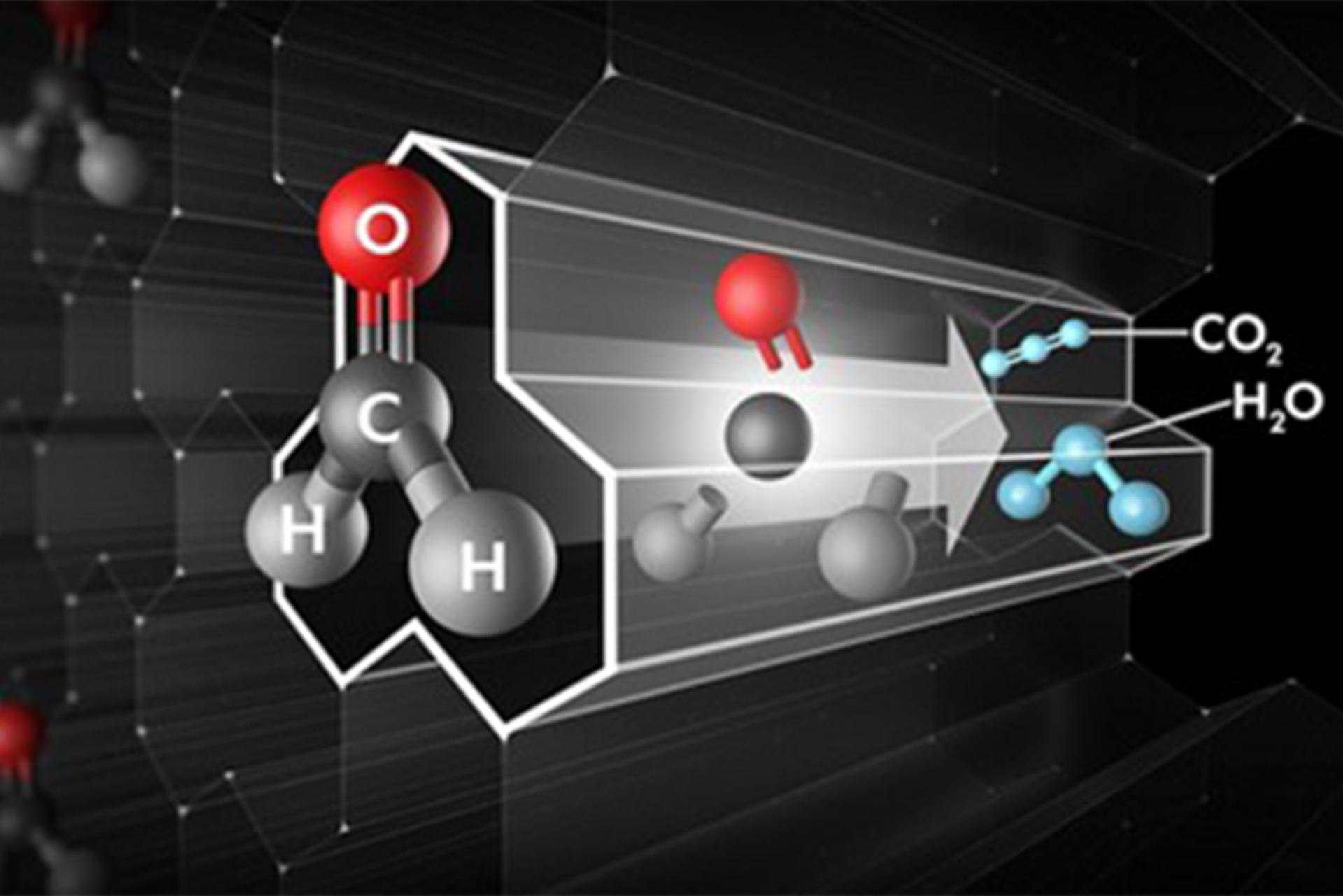
Winter tips for the cooler months ahead
Alongside HEPA filtration, other lifestyle habits can help protect you and your family during cooler seasons. Pair these tips with HEPA filter benefits for improved air quality for a cleaner, healthier home.
- Boost your immune system. Up your vitamin intake in winter, especially Vitamin C and eat a balanced diet providing your body with key nutrients to boost your immunity and help warn-off, or fight infection.
- Maintain your distance. Since the start of the pandemic, there has been a strong focus on social distancing. Continue to avoid mixing with crowds of people where possible, as well as anyone who you know is unwell such as friends or family members. In the same vein, ensure you isolate yourself from others if you come down with cold or flu-like symptoms to avoid spreading germs.
- Breathe clean air. We are all aware of the need for social distancing, cough and sneeze etiquette and the use of facemasks, but it’s also important to ensure good ventilation of indoor spaces. When appropriately used, HEPA filters for home with sealed HEPA 13 standard filtration can significantly improve indoor air quality. In Dyson’s latest HEPA filter air purifier, it’s not just the filter that meets HEPA H13 standard, but the whole machine. They capture 99.95% of particles as small as 0.1 microns5 including bacteria, mould spores, allergens and pollen. Using Dyson Air MultiplierTM technology, the machines can project purified air to every corner of the room and keep stagnant air that can cause mould, circulated.6
- Stay warm and dry. Rug up, stay hydrated and try swapping cold water for warm herbal tea.
Keep reading to discover Dyson tips on how to maintain a healthy home.
Press Contact
ANZ Press Office
Email: aupressoffice@dyson.com
Dyson Newsroom
The latest news from Dyson
 Call us
Call us Email us
Email us Request a meeting
Request a meeting Live chat
Live chat
